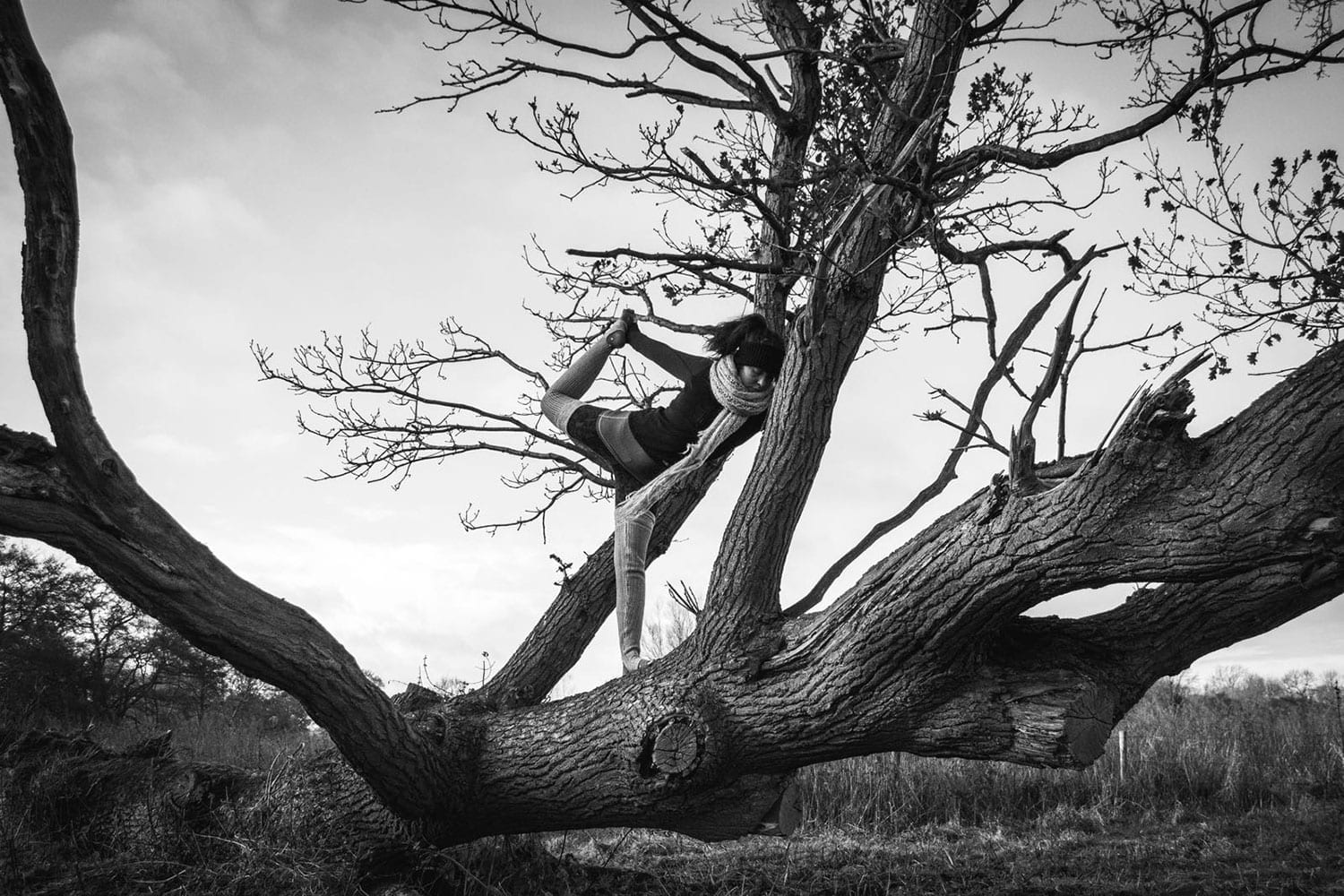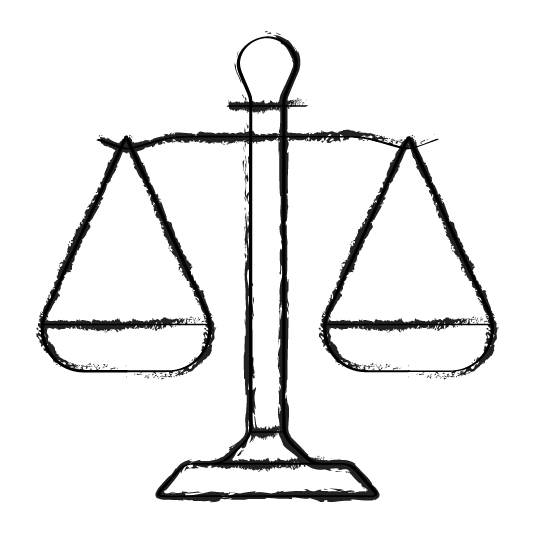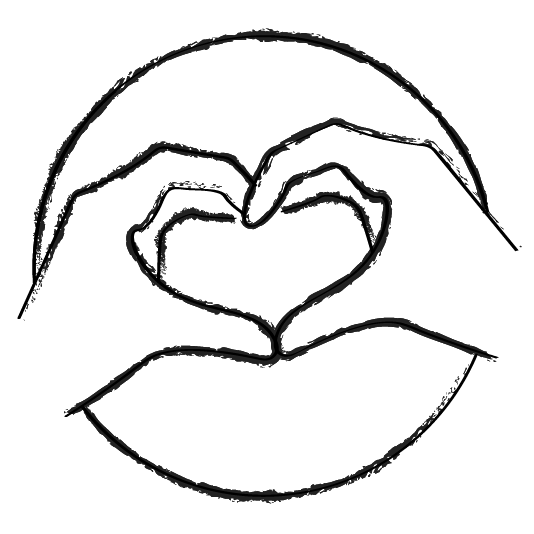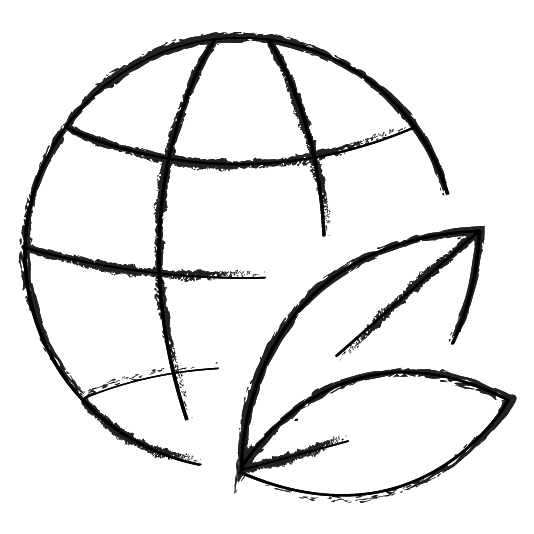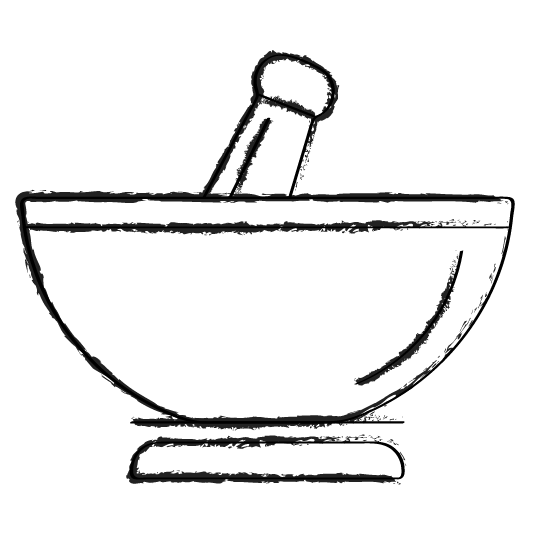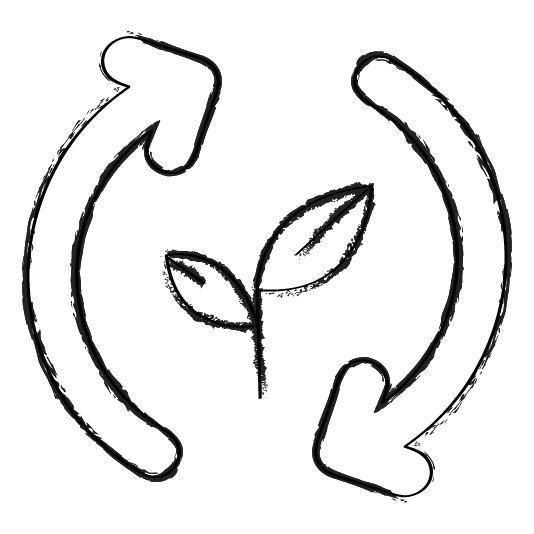
Are you busy?
SPIRIT • The Journal • Feb 19
You’re not alone.
Tony Crabbe, a successful business psychologist (with a best-selling book to his name) has made a name for himself writing and talking about the modern phenomenon of being permanently ‘busy’. He realised that being ‘busy’ had become a badge of success, of ambition. And most of us are addicted to it. Just think about it, when was the last time someone asked you how you’ve been and you’ve answered, ‘Busy!’
In his book, ‘Busy; How to thrive in a world of too much’ Tony explains that it doesn’t have to be this way. In reality, busyness isn’t essential. ‘Yes, there is a lot to do and busyness is a normal response to a world of too much. But…it isn’t the only response,’ he insists.
‘Busy isn’t cool.’
In Tony’s book he draws on solid psychological research to describe ways for us to work and live smarter, not harder; more joyfully, less busily. He argues that success needs to be reframed; that we need to start seeing success as a life lived in line with the stuff we care most about. ‘It is not about more fame, more money, more status – in fact, each of these is associated with mental illness, depression and anxiety. It is not about being ‘busy’ all the time.’
His work shows that true success and happiness comes from sustained and focused attention on the things that matter, the things we care most about. Tony shows that to get out of the busyness trap we first need to recognise how our brain works: that the standard state for most brains is reactivity,meaning switching constantly between different things. He explains that ‘if we let it go unchecked it will endlessly choose small, achievable tasks, like checking the number of likes on our Instagram page’ but this saps our energy and ultimately isn’t good for us. We feel busy, but we’re unsatisfied.
‘This is the year to un-choose being busy.’
There is a lot written about time management in order to tackle busyness, but Tony proposes that attention, not time is now our most limited resource. When we practice deep, focused attention it is highly rewarding and leads to greater happiness in individuals. Tony recommends actively, not passively engaging our attention by choosing where to focus, both at work and at play. But that’s not easy in a world of too much choice.
‘We need to learn to un-choose.’
So, how do we know what to choose? We need a compass bearing to help us choose what matters. What do we care about most? What are our core values? What are the needs of the people around us? This is all about us helping us to pinpoint where to focus our attention. Then we need to learn to un-choose. In the moment of choosing, our brain will always pick the easy option. We need to be mindful of the decision making – choosing where to focus our attention rather than thinking about time.
And to recharge we need to immerse ourselves in real leisure: activities that allow the brain to revitalise by focusing our attention completely. They don’t let us slip back into our default state of jumping from one thing to another (so no scrolling on social media!). People who engage in focused leisure report feeling more joy and feeling less busy than those that don’t. ‘I recommend not resting at all’, says Tony. ‘Make a model out of matchsticks, paint with watercolours or choose any other activity that demands your attention rather than being totally passive (like watching box-sets). Raking the gravel, cooking, driving or rowing on a lake are all ‘activities’ but they actually allow the brain to focus, making fresh creative connections that refresh us and restore our batteries’. So it appears vital to actively engage in mind-wandering activities.
Tony also champions giving our time away. Watch the sunrise over a river or take a quite stroll after dinner (without being tempted to turn on your Fit Bit to measure how many steps you achieve). Enjoy activities with no end goal in sight, no measured outcome. Enjoy them for the sake of enjoyment.
‘In a culture obsessed with achievement and stimulation, we’ve lost sight of what leisure is supposed to do for us. It’s time to regain the lost art of leisure and savour it.’
And Tony appears to practise what he preaches. Living in Spain, working in the UK, Tony spends winter weekends on the Spanish ski slopes and summers in England. He ups anchor and disappears into the Norfolk Broads with his family on their wooden boat, phone and computer firmly switched off of course.
‘It is my time to recharge and I wouldn’t swap it for anything. Mornings I sit on deck drinking tea with my wife, Dulcie, and we look at the water, we talk, we make another cup of tea. It’s the best time of the day. And ironically it’s when I have some of my best ideas; when I’m not trying to find them.’
This year, as well as striving to be less busy, Tony is working on a new book. He leaves us with a nice morsel to think about.

